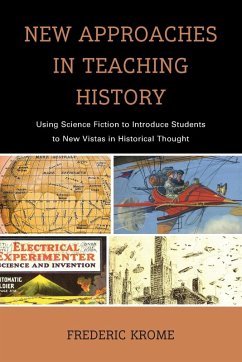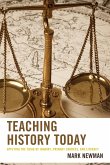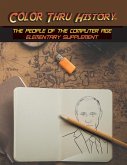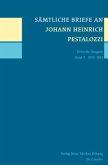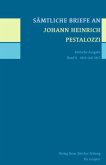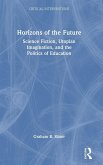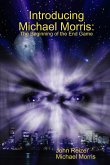Science fiction literature and film are an underappreciated source for the teaching of history. Finding material that can excite a student's curiosity can be a key towards greater student engagement, especially among students who are taking history as a requirement, rather than from interest. The discovery that they can read or watch science fiction as part of their classwork often comes as a pleasant surprise. Beyond its popularity, however, utilizing science fiction for class assignments has certain pedagogical advantages: it introduces students to new vistas in historical thought, helps them learn how literature and film can be applied as a primary source, and can encourage participation in projects that are enjoyable. Each chapter provides case studies focusing on a different subject in the modern history curriculum and in addition to providing an analysis of specific texts and/or cinematic sources, gives suggestions on assignments for the students.
Hinweis: Dieser Artikel kann nur an eine deutsche Lieferadresse ausgeliefert werden.
Hinweis: Dieser Artikel kann nur an eine deutsche Lieferadresse ausgeliefert werden.

